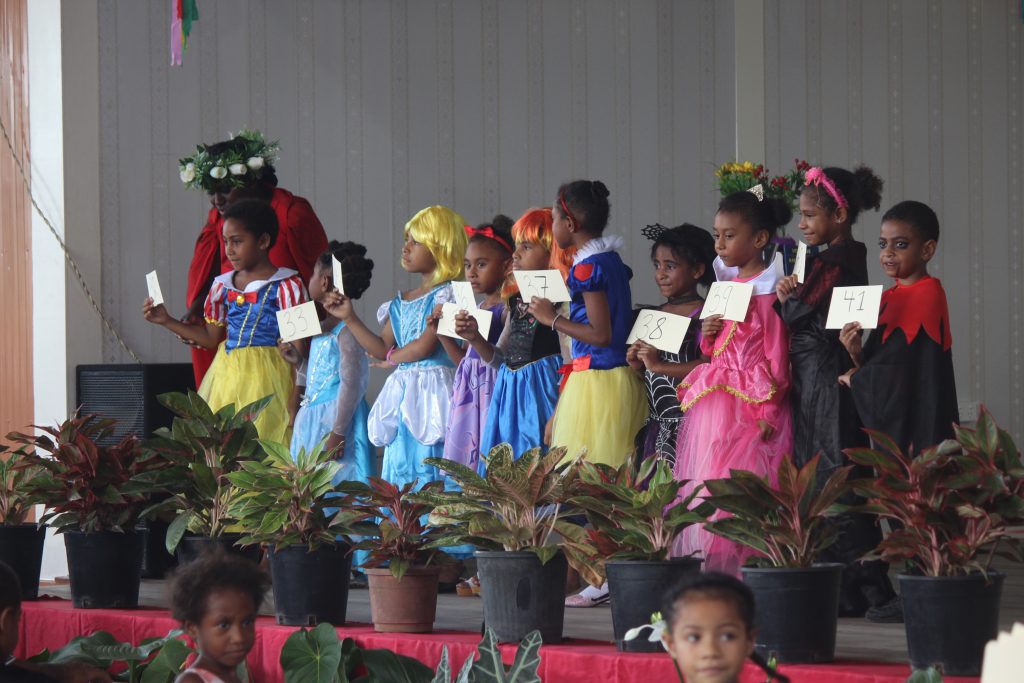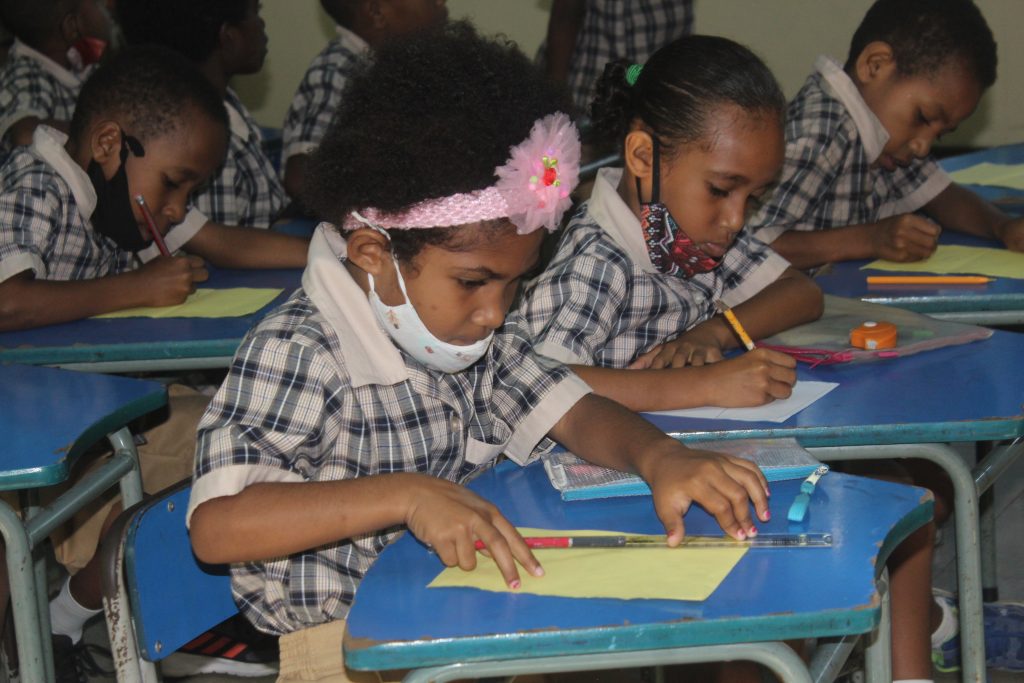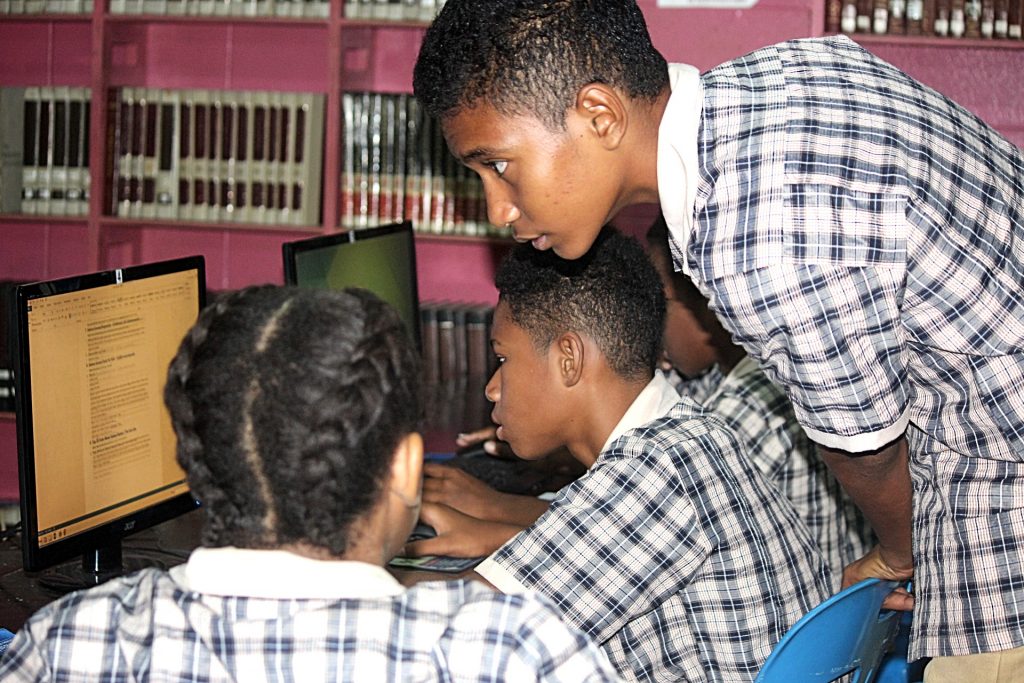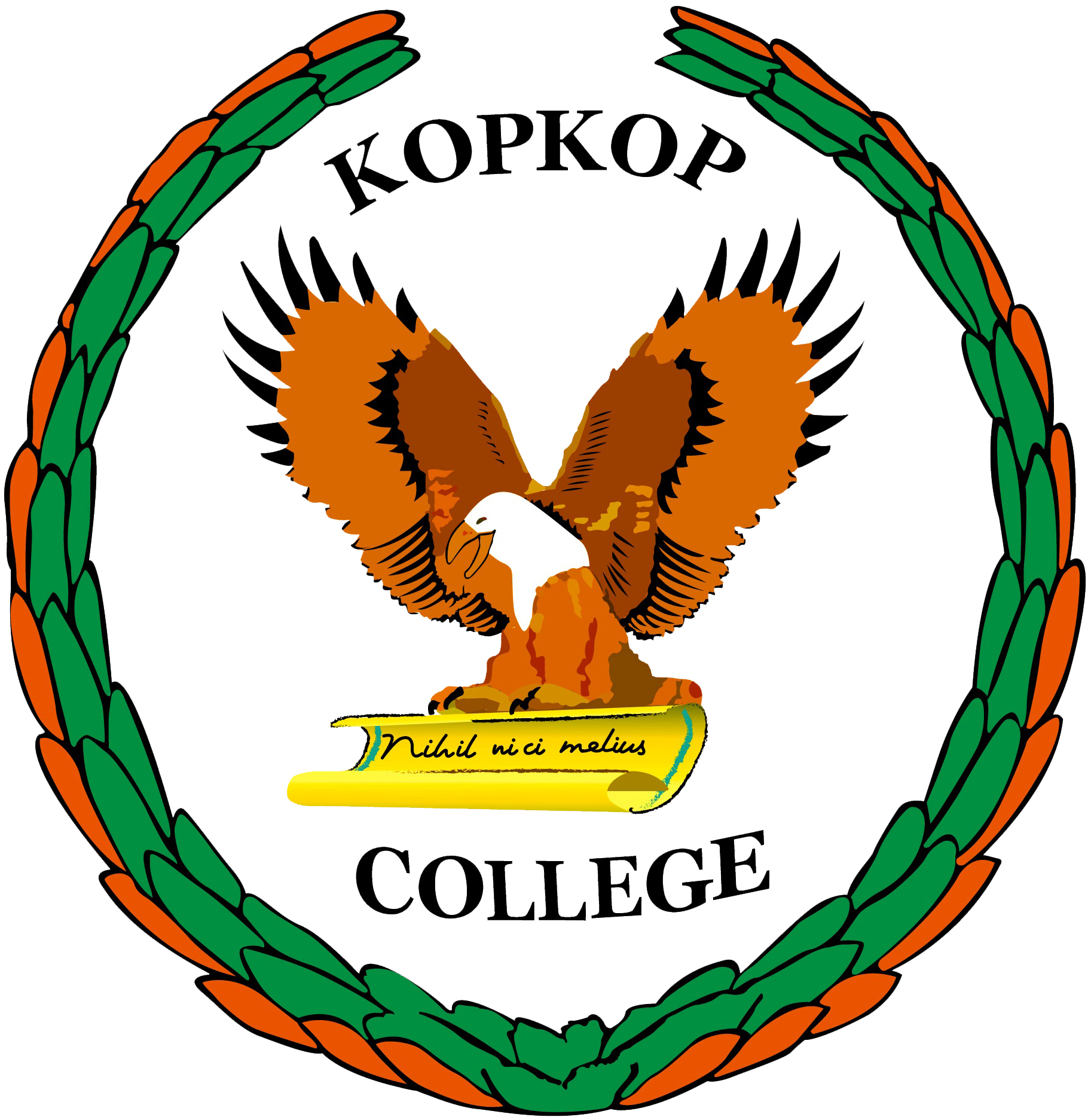strive to do better
‘Nihil Nisi Melius’
PRIMARY SCHOOL
PRIMARY SCHOOL
ECCE
academic
CURRICULUM
SECONDARY SCHOOL

The Aim of the Primary Curriculum
Help students develop and foster basic knowledge, skills and attitudes in English, Science and Mathematics contents which are needed for effective communication, resource development, social development and spiritual development.
Being equipped with the knowledge, skills and attitudes will enable students to continue to learn after they leave school and encourage students to regard learning as a lifelong education process.
students will also express greater appreciation of their own culture while acquiring a set of basic life skills that they can use in their daily lives.
The curriculum develops confidence, self-esteem and respect in students and allows them to pursue opportunities as they go on in life.
- Assist students to develop and demonstrate the ability to participate meaningfully in community affairs
- Help students to acquire greater skills in basic computing and other subjects like music, arts etc;
- Enable students to understand and explain basic concepts about the world in which they live
- Ensure students become mathematically and scientifically literate in both the physical and social sciences in ways that are relevant to daily life
- Encourage teachers to use local resources that deal with important local and national issues
- Encourage teachers to be creative and improvise with materials that are around them
Background
The Education Reform and the National Education Plan (2005 – 2014) have been developed to produce an education system that meets the needs of Papua New Guineans in today’s challenging world and in the future. At Kopkop College the first level of Education is the early Childhood Education, followed by the Primary and the Secondary which provide for grades 7 to 12.
The foundations for the education structure which Kopkop College has adopted, lies in the promotion of culture, values, attitudes, knowledge and a wide range of skills appropriate for Papua New Guinean society along with the need for international competitiveness. It believes that students must begin their education in the English Language.
The purpose of the current Education Reform is to provide a relevant and quality education for all young Papua New Guineans, while at the same time providing further educational opportunities and training for those who are able to make use of it.

Primary Curriculum Overview ECCE – GRADE SIX
The Kopkop College Curriculum is organized into five learning areas: Culture and Community, Language, Mathematics, Personal Development and Science. A learning area is a group of subjects with compatible knowledge, skills, and attitudes.
All subjects from Early Childhood to Upper Secondary are assigned to one of these learning areas. Some subjects draw upon knowledge, skills and attitudes from more than one learning area (e.g. Environmental Studies), but they have been placed in the learning area whose content is judged most similar. The table below shows the overall organization of learning areas and subjects for each level of schooling.

Primary School Learning Areas
Learning Area
Day Care & Pre School
Prep Prep & Prep
Grade 1 – 3
Grade 4 – 6
Culture & Community
Arts & Community
Arts & Community Living
Arts, Social Science & Making a living
Arts
Language
Phonics & Genres
English
Language
Language
Mathematics
Cultural Mathematics
Mathematics
Mathematics
Mathematics
Personal Development
Arts & Community
Health & Physical Education
Health, PE, Guidance & Religious Education
Health, PE, Guidance & Religious Education
Science
Arts & Community
Environmental Studies
Science
Environmental Science
primary school
ACADEMIC
curriculum
ecce
secondary school
Your Future Starts Here.
‘NIHIL NISI MELIUS’
Location
Port Moresby Campus
Modiki Drive, Gerehu Stage 2
Kavieng Campus
NIP, Nusa Parade
Our hours
8:00 AM – 4.30 PM
Monday – Friday
8:00 AM – 4.30 PM
Monday – Friday
Contact us
Phone: 326 1822 / 326 2839
Email: admin@kopkopcollege.ac.pg
Phone: 984 2922 / 7959 5694
Email: kopcol.kav@gmail.com
KC NEWS
News letters
contacts
videos
Facebook-f
Youtube
Envelope
